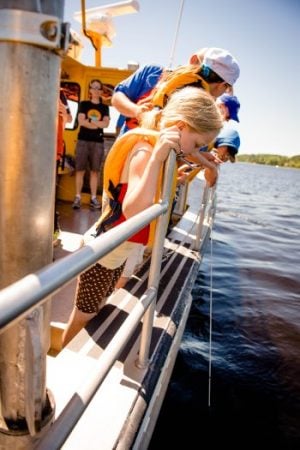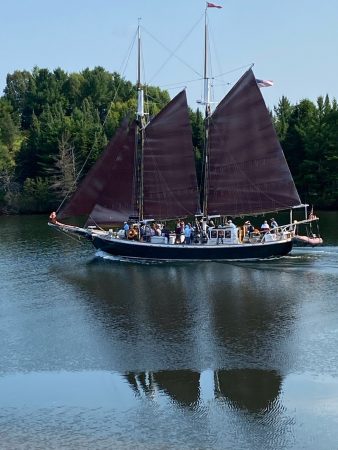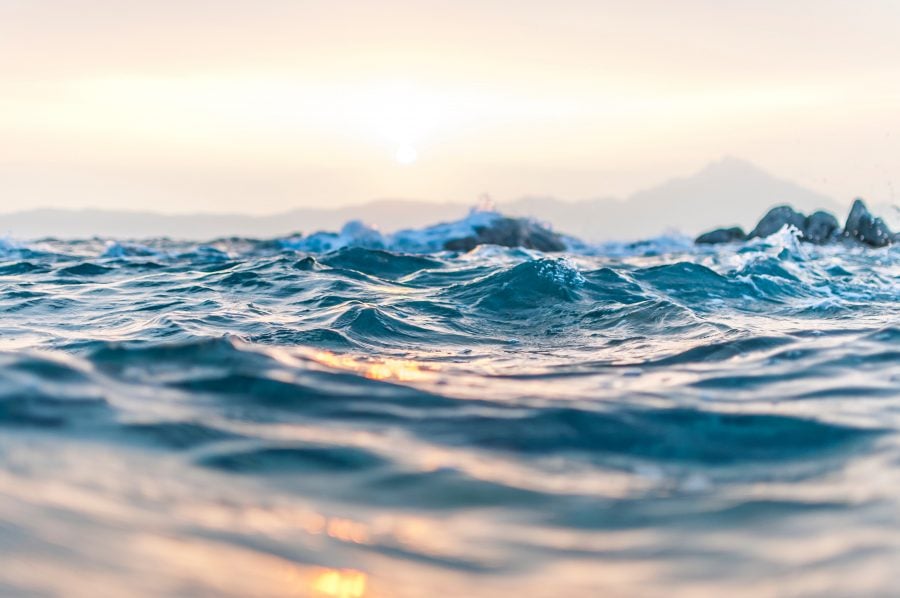
Item 73122, World’s Fair Slides (Record Series 9955-01), Seattle Municipal Archives.
Professor Emeritus Bill Sproule (CEGE) attended the American Society of Civil Engineers’ 18th International Conference on Automated People Movers and Automated Transit Systems in Seattle, Washington, held June 1–3, 2022
Sproule gave the keynote presentation, titled “Back to the Future,” on the history and future of automated people movers and automated transit systems. In addition, he gave a presentation titled “Seattle Monorail and the 1962 Seattle World’s Fair.”
Sproule was also the proceedings editor for the conference.











